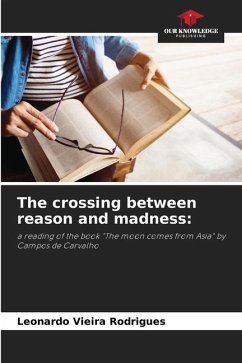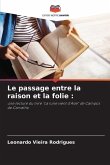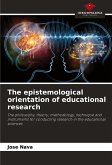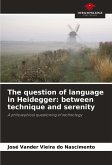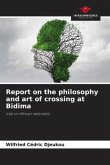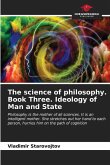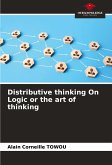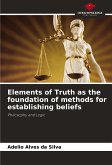In his writing, philosopher and professor Leonardo Vieira Rodrigues seeks to deal with contemporary issues, emphasising transversality, especially in the relationship between literature and philosophy. In A crossing between reason and madness: a reading of the book The moon comes from Asia by Campos de Carvalho, Leonardo explores the nuances of the book, The moon comes from Asia, by the Uberabense writer Campos de Carvalho, using the protagonist, Astrogildo, as an object of investigation, based on the concepts of 'reason' and 'madness'. Thus, the first concept is taken as a point of criticism, especially when we consider a series of values attached to the idea of 'reason', which manifest themselves as forces that seek to destroy multiplicity. On the other hand, through Astrogildo, 'madness' is re-signified, becoming 'another reason', affirmative, joyful, poetic and, above all, preponderant in Carvalho's production. In this journey, Vieira has as companions Walter Benjamin, MichelFoucault, Giorgio Agamben, among others. Pedro Henrique Rodrigues da Silva (PhD student in language studies at Cefet-MG).
Bitte wählen Sie Ihr Anliegen aus.
Rechnungen
Retourenschein anfordern
Bestellstatus
Storno

